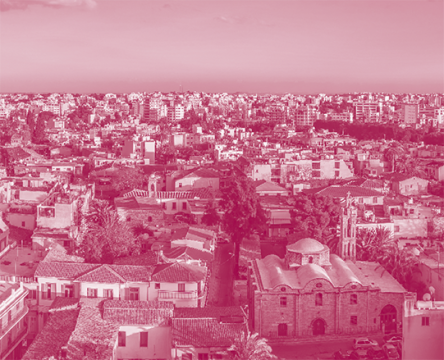Discriminatory sexual offence laws continue to impact the lives of many Commonwealth citizens, particularly affecting women, children, and LGBT people. These laws are at odds with international and regional human rights norms and domestic constitutional law. They undermine human rights and perpetuate violence, hate crimes and discrimination, and threaten the health and prosperity of entire societies. Several countries have however, made real progress in reforming their laws through either wholesale updating of criminal codes, allowing multiple issues to be tackled together, or through targeted reforms.
This series of case studies from the Human Dignity Trust highlights these recent examples. This case study focuses on the situation in Seychelles. This case study is split into eight parts: background information about the country; offences laws under reform; chronology of legislative reform; drivers of reform; consultation, drafting and passage of reform; areas of ongoing work; and, lessons learnt from the reform process.
In 2016, Seychelles conducted a reform of section 151 of the Penal Code, decriminalising consensual same-sex sexual acts. A British colonial law reflecting Victorian attitudes of the time, section 151(a) and (c)1 of the Penal Code 1952, criminalised a person who had “carnal knowledge” of any person “against the order of nature”, or a person who permitted any male person to engage in such conduct with them. This was generally understood to capture anal intercourse. It was first introduced by the British in the 1924 version of the Penal Code while Seychelles was a British colony. When Seychelles became independent in 1976, Section 151 was inherited with the rest of the Penal Code of 1952. The provision was discussed during the drafting of the new Constitution ahead of the return to democracy in 1992-93 and there was, in effect, a conscious choice by the then leadership of the country to retain Section 151.
In February 2016, shortly after his re-election, President Michel announced during the course of his annual State of the Nation Address that Section 151 would be repealed. Following the President’s announcement, the process of reform was swift, aided by the fact that it was narrowly focused on only the repeal of those parts of Section 151 that related to private, consensual same-sex sexual acts between adults. The National Assembly held three public consultation meetings in early 2016. These provided important opportunities for ministers and officials to set out the reasons for and the nature of the repeal, and for civil society groups and members of the public to express their views. The meetings attracted a good turnout and enabled a wide range of opinions, mostly supportive, to be aired.
Following the reform, a number of positive developments emerged, not least the absence of the negative effects that had been feared by opponents of the reform such as a descent into a ‘moral quagmire’, or the corruption of children. Some of the former stigma eased, with more LGBT people feeling able to ‘come out’. Seychelles became further established as a ‘LGBT friendly’ tourism destination, and the civil society group, LGBTI Sey, was officially registered. Nevertheless, progress in other respects remains limited. Social attitudes are reported not to have moved on significantly. This may be a result of the lack of post-reform training, education and sensitisation programmes. Some discrimination and harassment reportedly continues, particularly on social media, and there appears to be little political appetite to take forward related measures or wider reforms of the Constitution or the Civil Status Act, especially on the issue of equal marriage and wider LGBT equality. However, the law reform is seen as a major success in itself.
Download the report



